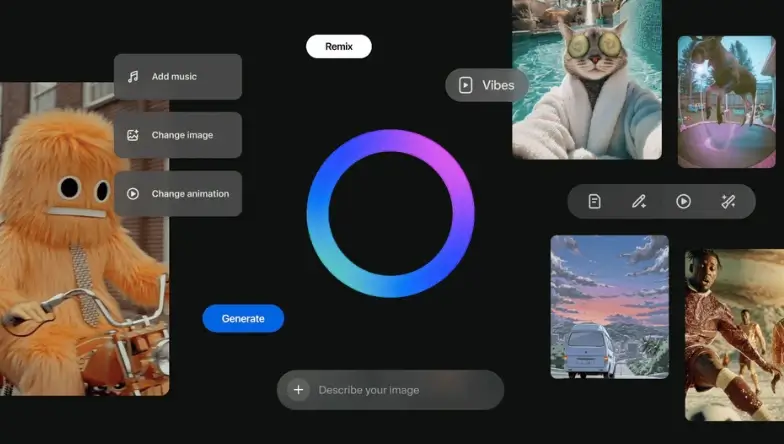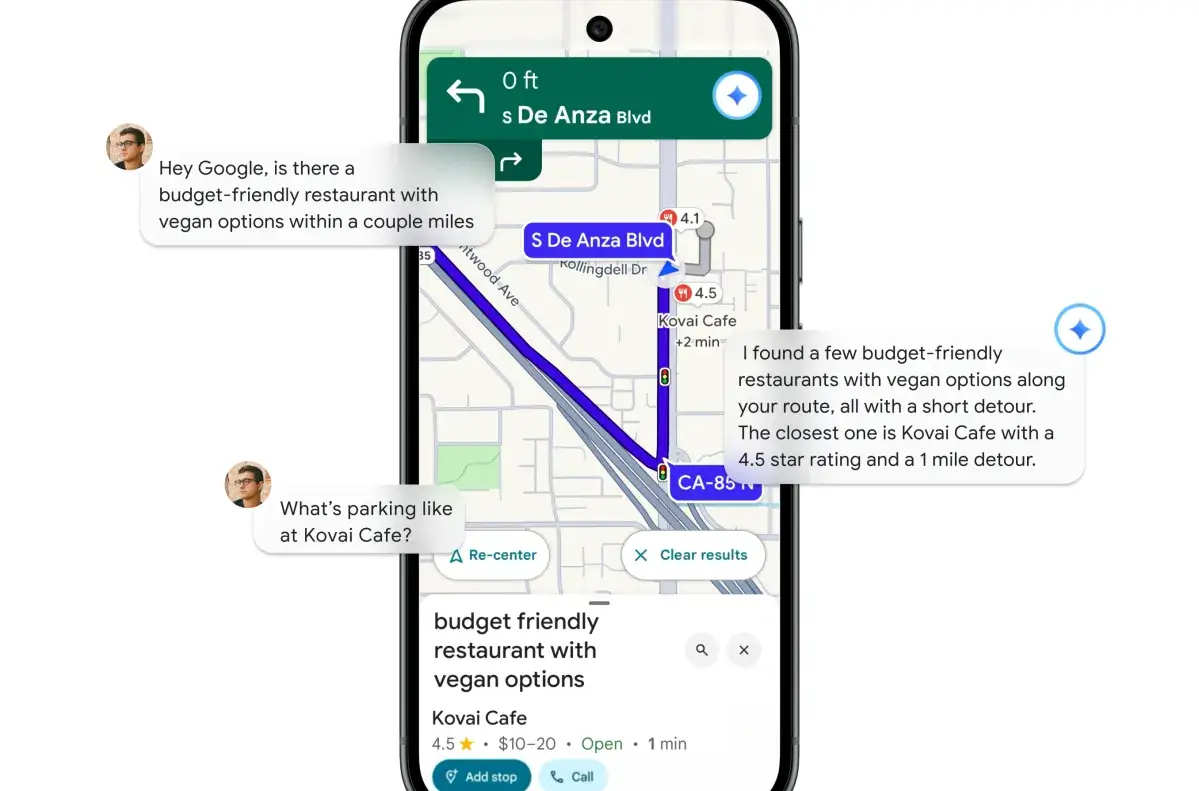Amazon Blocks Perplexity AI Browser from Shopping Online
The great AI browser war is officially on.

The first major fight of the AI browser era has begun — and it’s not about privacy, data, or copyright. It’s about who gets to hit Buy Now.
Amazon just issued a strong warning to Perplexity, the fast-rising AI search startup, demanding it stop allowing its new Comet AI browser to purchase products on users’ behalf. Perplexity calls it what it is — “bullying.”
Here’s what’s happening:
Comet, Perplexity’s agentic AI browser, lets users find and buy products automatically. Tell it, “Order the best noise-cancelling headphones under $300,” and it compares options, picks the right one, and checks out for you — even on Amazon.
But Amazon didn’t like that.
The company claims it has “repeatedly requested” that Perplexity stop using its platform for AI-based purchases, arguing that the experience “degrades customer trust and shopping quality.” Translation? Amazon doesn’t want a middleman — especially not one that filters out ads, upsells, or sponsored results.
Perplexity fired back, accusing Amazon of protecting profits, not customers. In a fiery blog post, the startup wrote:
“Amazon should love this. Easier shopping means more transactions and happier customers. But they don’t care — they care about ads, not convenience.”
The jab hit close to home. Just last week, Amazon CEO Andy Jassy said during an earnings call that the company expects to “partner with third-party AI agents in the future.” Clearly, that future didn’t include Perplexity.
Amazon’s official response was firm:
“Third-party applications that purchase products for customers on Amazon should respect our decisions on whether or not to participate.”
In short, Amazon wants AI shopping agents — but only the ones it controls.
This clash reveals something deeper: a shift in the power dynamic of e-commerce. For the first time, users have access to AI browsers that act in their best interest, not the retailer’s. Instead of clicking through ads or navigating endless product pages, AI like Comet could make unbiased decisions — faster, cheaper, and cleaner.
And that’s exactly what scares Amazon.
Because if customers start trusting AI agents more than the marketplace, the ad-driven model of online shopping begins to crumble.
It’s the same story we’ve seen play out with search engines.
First came human-curated results. Then came ads. Now, AI agents are stepping in to fix the experience — and the incumbents are pushing back.
Perplexity’s spokesperson, Jesse Dwyer, summed it up best:
“This is like if you went to a store, and the store only let you hire a personal shopper who works for them. That’s not a personal shopper — that’s a sales associate.”
As AI becomes more agentic — capable of making real-world purchases, scheduling, and decisions — this won’t be the last battle of its kind. The question is no longer whether AI can act on your behalf, but whether the platforms will let it.
So yes, the great AI browser war has started — and it’s not just about who sells the product.
It’s about who controls the purchase.
And for the first time, it might not be you.
Read more on Amazon’s official statement and Perplexity’s response.
You may like recent updates...
Subscribe & Get Free Starter Pack
Subscribe and get 3 of our most templates and see the difference they make in your productivity.
Free Starter-Pack
Includes: Task Manager, Goal Tracker & AI Prompt Starter Pack
We respect your privacy. No spam, unsubscribe anytime.
Featured*

QuillBot
AI tool that improves writing with smart paraphrasing, grammar checks & image generation.

Carepatron
AI platform for managing healthcare workflows, notes, and patient collaboration.

Sanebox AI
AI tool organizes your inbox by automatically sorting emails and reducing clutter.







